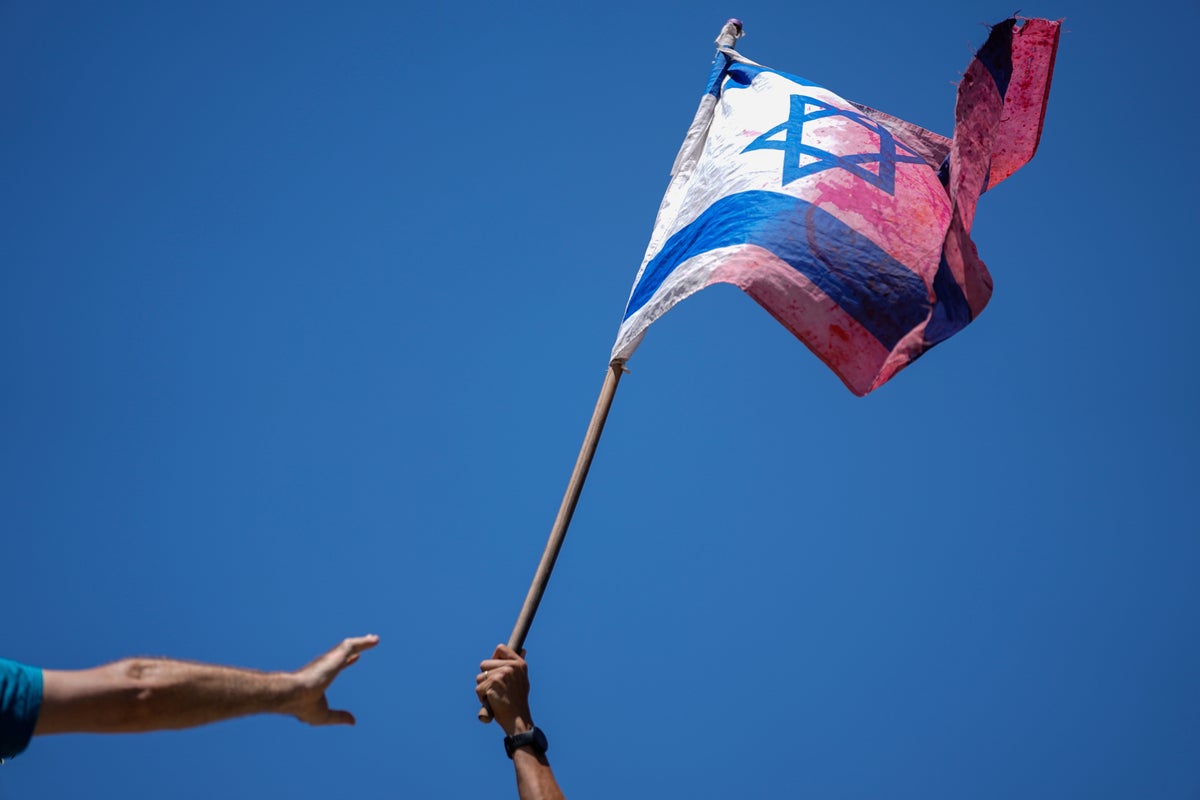
The Israeli government’s adoption of the first part of a controversial judicial overhaul on Monday unleashed turbulence in the streets of Israel and in the halls of the Knesset.
The approval of the major change in the law by Prime Minister Benjamin Netanyahu’s far-right government capped a seven-month campaign to weaken the judiciary that has sparked the biggest protests in Israeli history and sown bitter divisions in Israeli society.
On the day of the vote, Israeli protesters camped outside the parliament building, with some even sleeping in tents after marching from Tel Aviv to Jerusalem in the scorching heat. Demonstrators — young, old, secular, religious — formed human chains to block roads leading to the Knesset. Hundreds of thousands of protesters poured into the streets of Tel Aviv overnight, shouting for democracy and waving blue-and-white national flags.
Police officers responded with force, making dozens of arrests, spraying water hoses at protesters and pushing them back.
For protesters, the series of laws that curb the Supreme Court’s power marked a frightening step toward autocracy, eroding the only check on majority rule in Israel. For supporters of Netanyahu’s government, the changes restore power to elected officials and reduce the authority of unelected judges.







